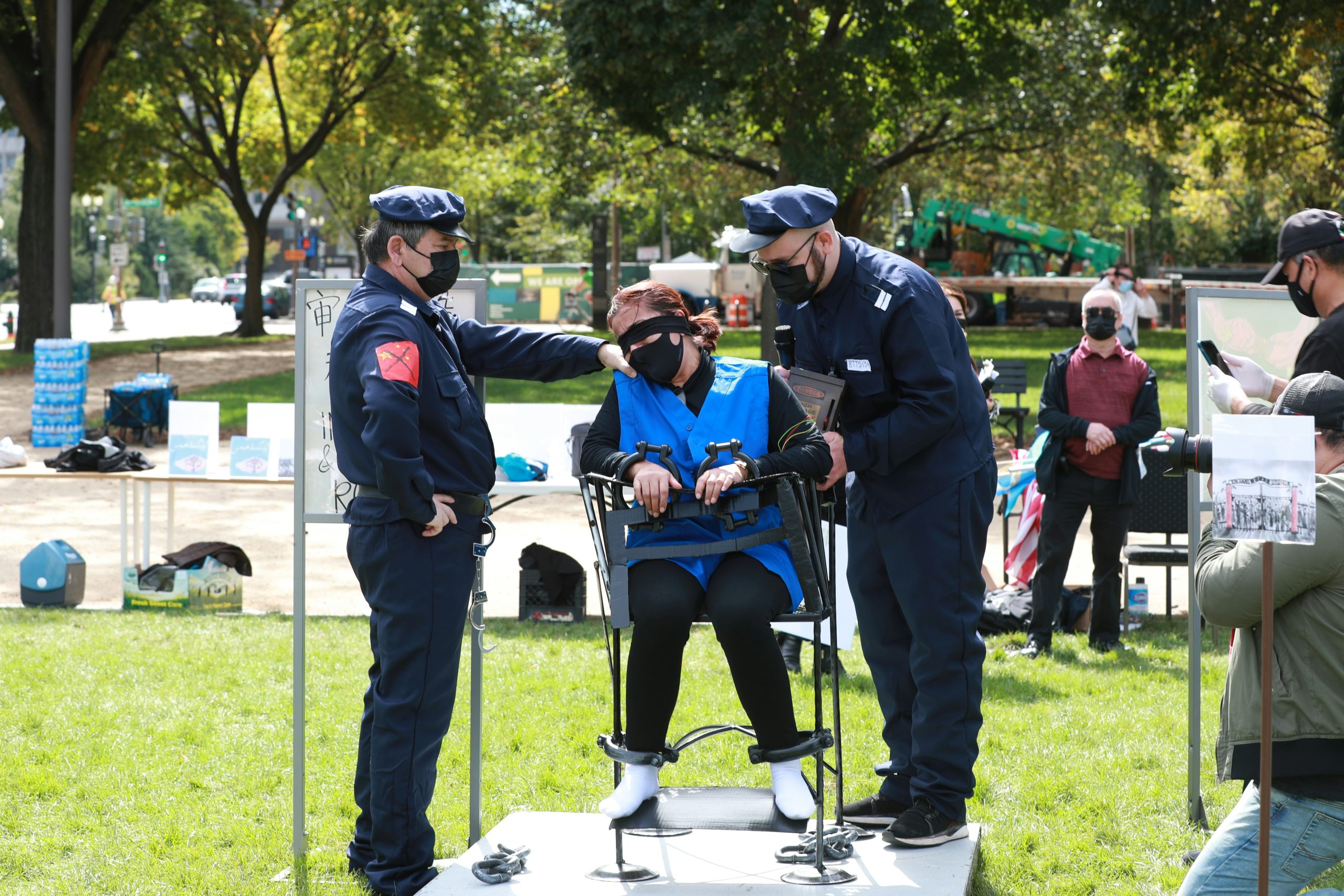Is Benin’s Tourist Boom Just a Smokescreen for Forced Evictions?
Forced evictions in Benin, supposedly carried out under the guise of tourism development and improving living conditions, have been found to be in violation of both Beninese and international human rights laws. The consequences of these evictions have been devastating for thousands of people in Benin since 2021, as documented in a new report released by Amnesty International.
Violations of the Right to Adequate Housing
The report, titled “Chased out to plant coconut trees,” details the conditions under which evictions have taken place in four development projects in Benin. The evictions have involved a lack of genuine consultation, inadequate and untimely notifications to residents, unacceptable eviction methods, insufficient or absent compensation, and obstacles to administrative and legal recourse. Amnesty International interviewed over 100 victims of forced evictions, as well as local officials, representatives of the town hall, officials from the National Land and Property Agency, representatives of the Beninese Human Rights Commission, and journalists.
Urgent Action Needed to Protect Rights
Amnesty International calls on the Beninese authorities to ensure that the rights of those affected by forced evictions are respected and protected. Victims must receive fair compensation, and future projects must comply with national and international law. The government needs to prioritize the economic, social, and cultural rights of affected communities.
Affected Communities and Devastating Consequences

The report focuses on four development projects that have led to mass forced evictions and house demolitions without proper notification, fair compensation, or alternative accommodation. The evictions have impacted at least 6,000 people in Benin.
- The “Marina” project near the “Door of No Return,” a symbol of the transatlantic slave trade, resulted in the eviction of 234 people from the Djègbadji neighborhood. Some were not properly notified, and compensation was deemed insufficient.
- In the village of Avlékété, where a seaside resort project is being developed, fishermen and landowners have been evicted without proper procedures and fair compensation.
- In Cotonou, more than 3,000 residents of the Fiyégnon 1 neighborhood were evicted without compensation to make way for planting coconut trees.
- The Xwlacodji neighborhood, one of the oldest in Cotonou, was destroyed to make way for an administrative and commercial center. The eviction process lacked proper consultation.
The forced evictions have had a severe and long-lasting impact on the economic, social, and cultural rights of affected individuals and communities. Resettlement efforts by the authorities have worsened living and working conditions, weakened social ties, and eroded cultural identity.
Call for Respect of Legal Obligations

Amnesty International urges the Beninese government to establish redress mechanisms for victims of forced evictions, ensure fair compensation, and uphold national and international human rights obligations. The protection of the economic, social, and cultural rights of affected communities must be a top priority.
Background on Tourism Development in Benin

Since President Patrice Talon took office in 2016, the Beninese government has prioritized tourism as a development goal. The “Benin Revealed” program focuses on promoting beach and cultural tourism. However, this has led to the forced relocation of coastal communities to make way for tourism projects and improvements to beaches and tourist trails.
